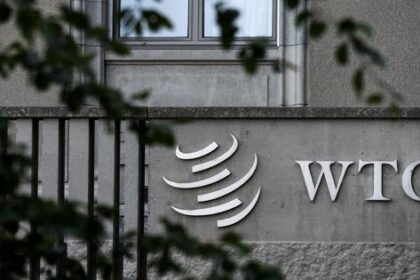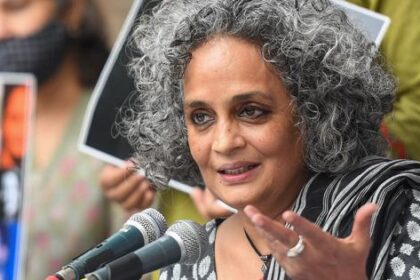Police testimony contradicts allegations of forced conversion against Jabbar Khan in Sehore
In mid-August, Jabbar Khan, a resident of Sehore in Madhya Pradesh, was arrested under the state’s anti-conversion law, which prohibits forced religious conversions. The police action followed an incident where members of the Bajrang Dal, a Hindu nationalist group, interrupted a Sunday prayer meeting Khan was leading at his home. Among the attendees was a police constable, Virendra Ahirwar, who provided a different perspective on the events that transpired.
Video footage recorded by a Bajrang Dal member shows the group questioning individuals present during the prayer meeting, which included about 15 attendees, primarily women. One male participant, who identified himself as a police constable, expressed his gratitude for the positive changes in his life since turning to Christianity. He stated, “Earlier I was an alcoholic, I would create problems for my parents, beat my wife, flirt with women… Lord Jesus saved me.” This individual, Ahirwar, has served in the police force for 11 years and asserted that no forced conversions occurred at Khan’s residence.
Ahirwar emphasized that individuals attended the prayer meetings voluntarily and expressed their faith freely. He stated, “It is difficult to make a person eat something without their wish, how can one be forced to change their religion?” He clarified that he remains a Hindu while following Christ’s teachings for the past eight years. However, his testimony appears to have been overlooked by the police, who proceeded with legal action against Khan and his wife, Tahira.
The police case was initiated following a complaint by Govind Masure, a 43-year-old local resident, who claimed that Khan had coerced him into considering conversion to Christianity. Masure’s account included a narrative of meeting Khan at a college where Khan’s son attended. He alleged that after accepting assistance from Khan for a job and medical treatment, he felt pressured to convert. Despite this claim, Masure acknowledged that he did not personally know anyone who had been forcibly converted by Khan.
The police filed charges under Sections 3 and 5 of the Madhya Pradesh Freedom of Religion Act, 2021, which criminalizes coercive religious conversions. Masure’s complaint asserts that for three years, he faced threats and harassment from Khan regarding his Hindu faith. However, two other individuals named by Masure have also denied undergoing any conversion.
While Khan remains in custody, his bail application has been rejected, and his wife is reportedly on the run. The local authorities have since demolished the second floor of Khan’s house, claiming it was constructed illegally. The official explanation for the demolition indicated that the house’s allotment terms did not permit religious gatherings, although this claim lacks substantiation from the documents reviewed.
As the situation unfolds, the contrasting accounts of those involved raise questions about the validity of the charges against Khan and the motivations behind the actions of the Bajrang Dal. The incident highlights the complexities surrounding religious practices and the legal frameworks governing them in Madhya Pradesh.








